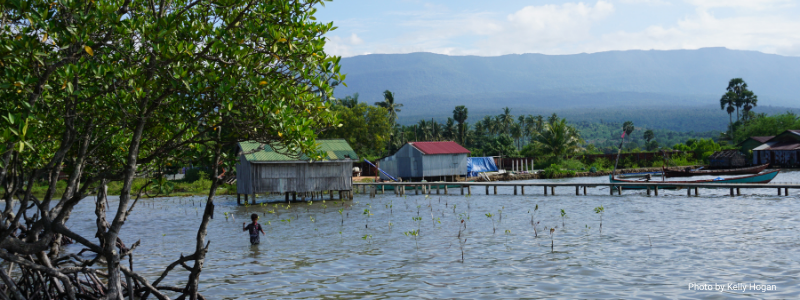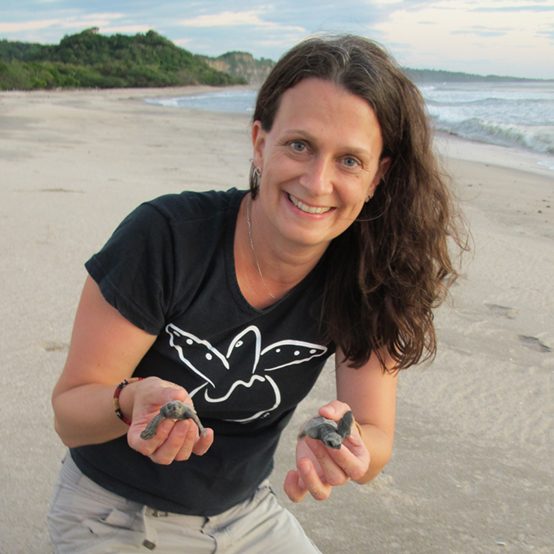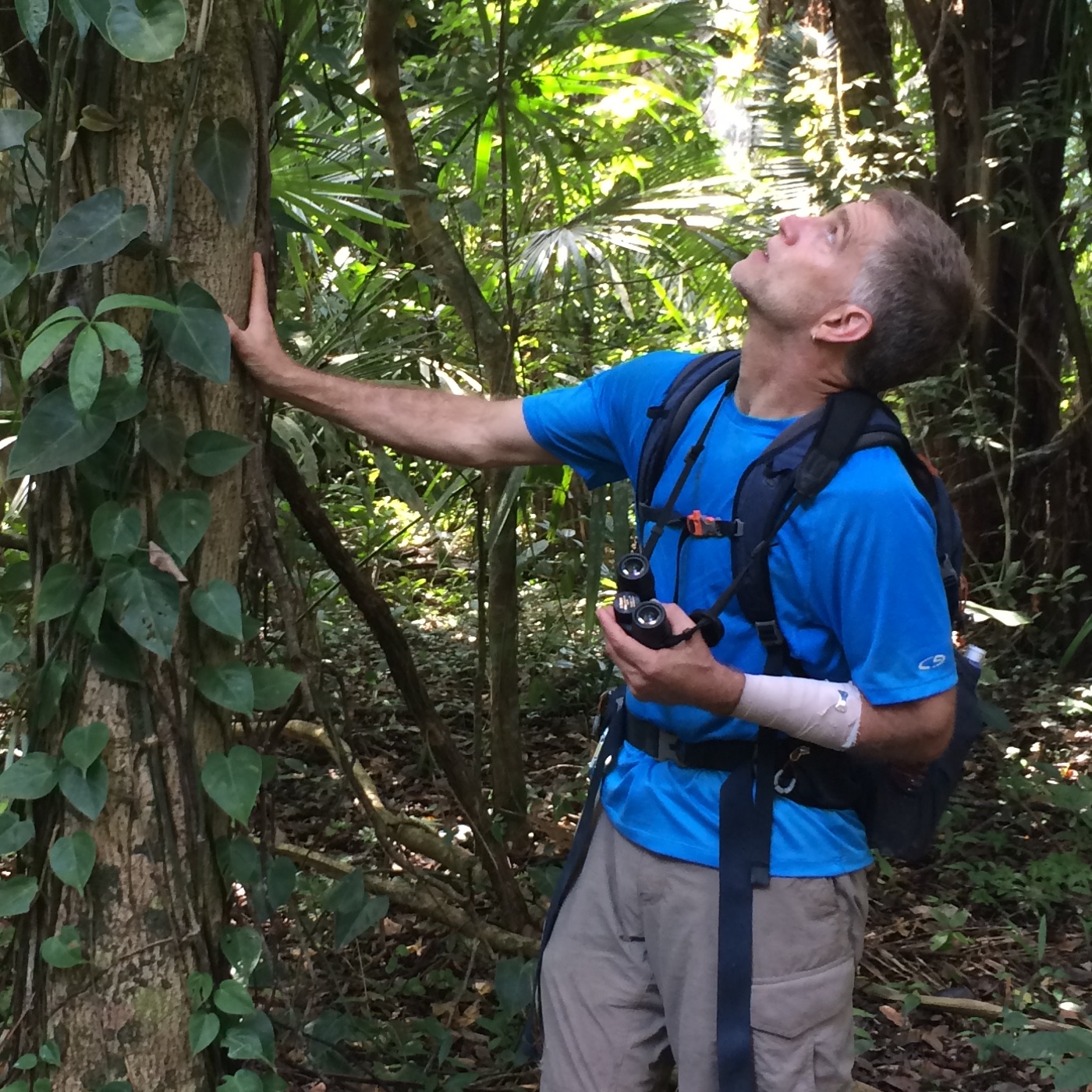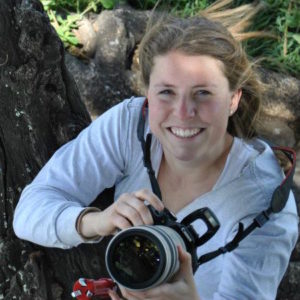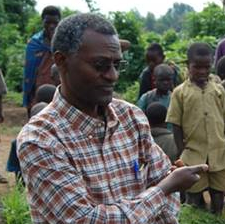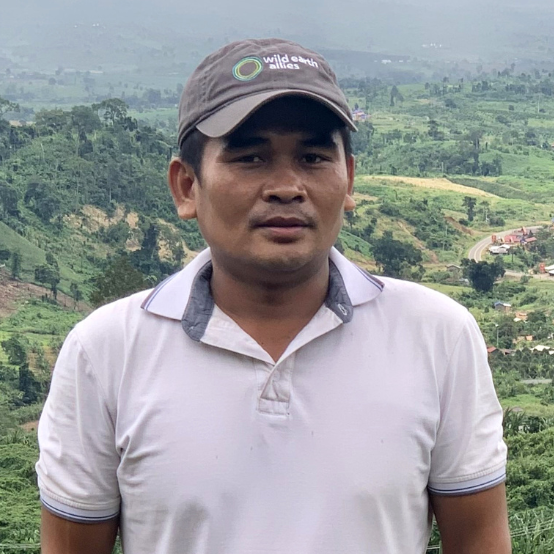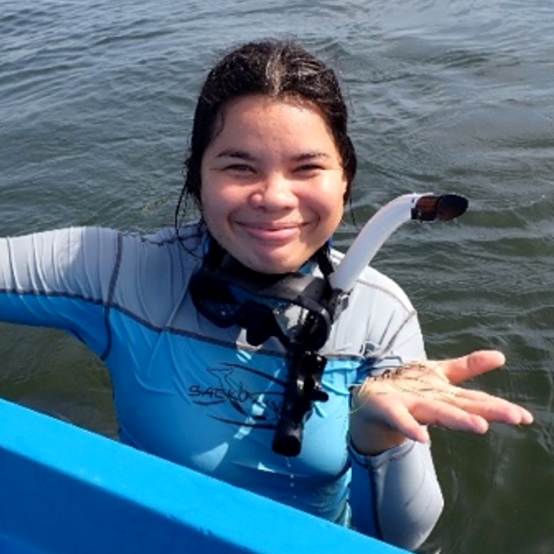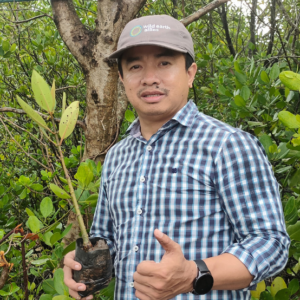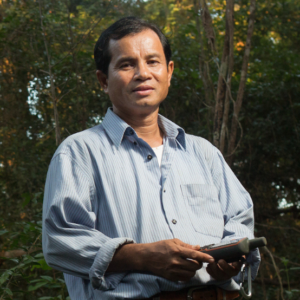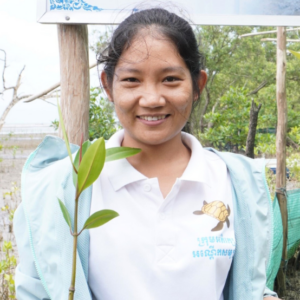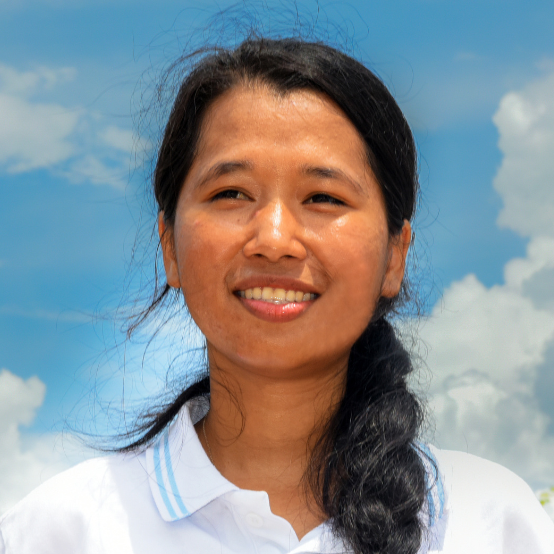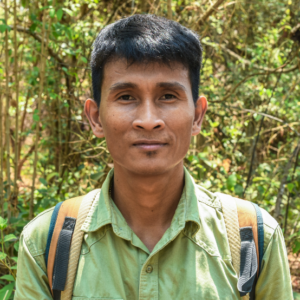Wild Earth Allies is pleased to share findings from recent ecological surveys in Cambodia’s Kampot province in the report: Marine Biodiversity Assessment, Kampot, Cambodia. The report details the baseline status of coral reefs, seagrass beds and marine mammals within a proposed 8,486-hectare Marine Protected Area – known locally as a Marine Fisheries Management Area. We are grateful to the Cambodian Fisheries Administration, our partner-organization Marine Conservation Cambodia and the Prek Thnot Community Fishery for their strong support in this effort. The executive summary and full report can be accessed here.
“I am pleased and proud of my team and our partners who worked hard to complete the assessment of this unique marine area of Cambodia,” said Tuy Sereivathana (Vathana), Cambodia Program Director of Wild Earth Allies. “The report is very important and useful for the proposed Kampot MFMA, contributing valuable information to researchers and students, and the communities living there.”
FULL REPORT: Kampot Marine Biodiversity Assessment 2020
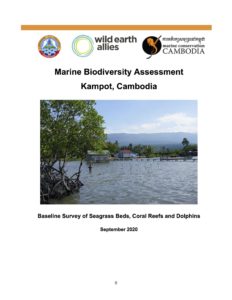
Important tropical ecosystems in Kampot province are highly threatened by coastal and industrial developments as well as illegal fishing pressures, which destroy habitat and overexploit marine species.
In November 2019, Wild Earth Allies (WEA; Cambodia), cooperated with the Conservation Department of the Cambodian Fisheries Administration (FiA), Fishery Administration Cantonment (FiAC), Marine Conservation Cambodia (MCC) and Prek Thnot Community Fishery to conduct baseline ecological assessments to survey an area threatened by industrial development, land reclamation and illegal fishing.
Ecological surveys in the form of seagrass, coral and marine mammal assessments were conducted within a proposed Marine Fisheries Management Area (MFMA) in Kampot province. Specifically, assessments were undertaken in proposed permanent and seasonal no-take zones in Prek Thnot and Trapaing Ropov community fishery areas within the broader MFMA.
The purpose of the assessments was to contribute towards forming baseline datasets on the distribution and composition of seagrass and coral reef habitats, and to formally acknowledge marine mammal presence in the province. These baselines form the foundation of preliminary ecological assessments within the area and have established a benchmark for conducting periodic biodiversity monitoring in Kampot’s proposed MFMA.
Following this initial report by WEA and MCC on the state of seagrass and coral reef ecosystems in the MFMA, a conservation strategy is being developed and should be implemented soon. The strategy involves the creation of an 8,486-hectare MFMA, in combination with the deployment of artificial reef structures, the use of community management techniques and the enforcement of fisheries regulations.
The overall goal of this conservation strategy is to reduce illegal fishing activities, protect and encourage the regeneration of marine life, and ensure the sustainability of local fisher livelihoods and their communities.
About Wild Earth Allies
Wild Earth Allies joins forces with local organizations and individuals to protect the wildlife and habitats that are so important to our global biodiversity. Our mission is to protect vital areas of our natural world for the benefit of wildlife, habitats, and people by inspiring collaborative action. For more information, please visit www.wildearthallies.org.


